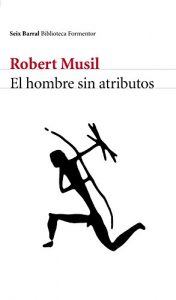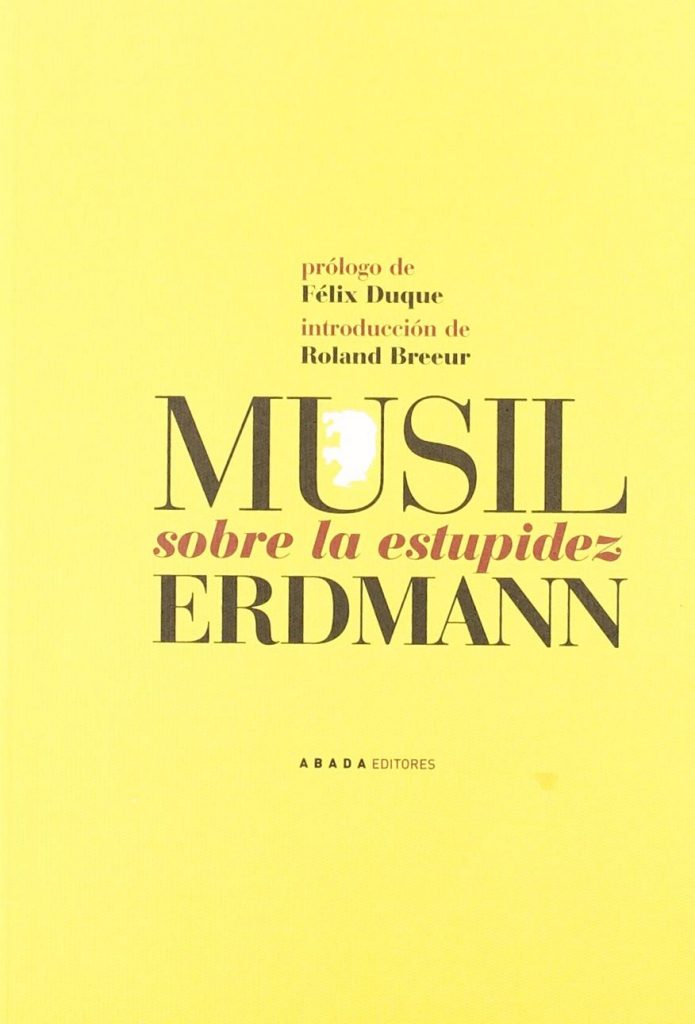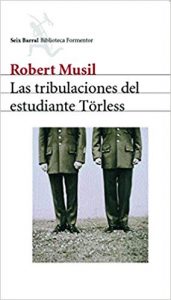The first half of the 20th century in Europe records an extensive plethora of transcendent authors as necessary chroniclers of a continent plunged into the darkness of the great world wars.
I mean the Thomas Mann, George Orwell, or already in Spain the baroja, Unamuno…writers all of them peering into the abysses of the two great conflicts with their postwars, their interwar period and the tensions extended during a turbulent time that beyond the sociopolitical future, rewrote millions of lives in the shadows.
robert musil, with a similar essential intention as the previous ones, always between the existential loaded with the recalcitrant pessimism typical of the times, and the search for the human in the darkness of humanity, he composed a unique bibliography.
It is not a large collection of works that barely exceed ten. And perhaps precisely in the meager, Musil concentrated that sophisticated vision of the world from the philosophical point of view, transmuted into a novel with a richness that turns its plots into intrahistories with weight and depth, with humanistic connotations from the exposure of its characters to those extremes that make us feel life as proof of pain.
But beyond the background, Musil's actions also always invite the suggestive knot awaiting the surprising outcome, like any novel worth its salt for the enjoyment of readers eager to inhabit such intense settings.
Top 3 recommended novels by Robert Musil
The man without attributes
A work with that always singular vitola of the unfinished that accompanies the great author before definitively leaving the scene. A novel that seeks, and despite its blurred ending, achieves that transcendence of the magnum opus, from the volume to the use of Proust in "In Search of Lost Time."
From the outset, the dedication, exceeding a decade, to close the work undoubtedly shows that will to channel the good repose of the passage of time, without giving in to first impressions. Something that always enriches when returning to characters and their nuances. Ulrich is the so-called man without attributes, a cold guy and devoted to his world of numbers and combinations like a good mathematician. His paradigmatic impression of the world escapes him from the non-mathematical attraction he feels for Leona and Bonadea.
On the other side, in the antipodes of this strange world between numbers, admiration and passion made algorithm, An Arnheim already full of attributes of the good man, knowing everything, connoisseur par excellence of the modern world in all its dimensions. In the background, the Europe in pre-war boiling point of 1914, at the intermediate point the sins, the vanities, the excessive ambitions and the puerile desires of men with or without attributes.
About stupidity
An essay on stupidity shouldn't be longer than 100 pages at best. Unless someone like Musil makes us want to see that stupidity is as much ours as the fuel we give it.
Because the stupidity that Professor Erdmann's students laughed at when he warned that this, stupidity, would be the epicenter of his presentation in class, is nothing more than the somatization of the snake of fear that coils from our prejudices capable of disfigure reality, our ignorance capable of emboldening ourselves to the point of denial of the other's speech out of pure ego damage.
Being wise can be the same as not being so stupid as to remain silent, to observe before speaking, to free our mind before our pigeonhole tendencies nullify any possibility of synthesis and learning. That is why Erdmann had to speak about stupidity. And so Musil rescued all that thought in a little book that we can remember to always try to get away from our own stupidity.
The Tribulations of Student Torless
The fact of approaching a scene of youth and in a military environment to make matters worse, gives this novel that greater proximity to any reader willing to enter the world of Musil.
Törless is a young soldier faced with the deepest contradictions. Because something in him strives to awaken that ostensible pride with a swollen chest while the more childish side has doubts about him. Except that the child, the adolescent dressed in a uniform for war, soon learns to frivolize about life and death, things that for him are still nothing from so far away that he sees them.
But precisely he, Törless, is the most contradictory of the soldiers and his concerns drive him to rebel at times against the imposed fear. Because his intelligence is shipwrecked in the gaps of that military discipline and that patriotic mission against enemies that are at times quixotic for young boys like him. At times Törles understands that it is too late, that none of the other boys are in a position to escape alienation. And embarking on a solo escape is not an easy matter. So evasion can only be within, in the space that you can safeguard so that no one occupies it by force from your consciousness.



